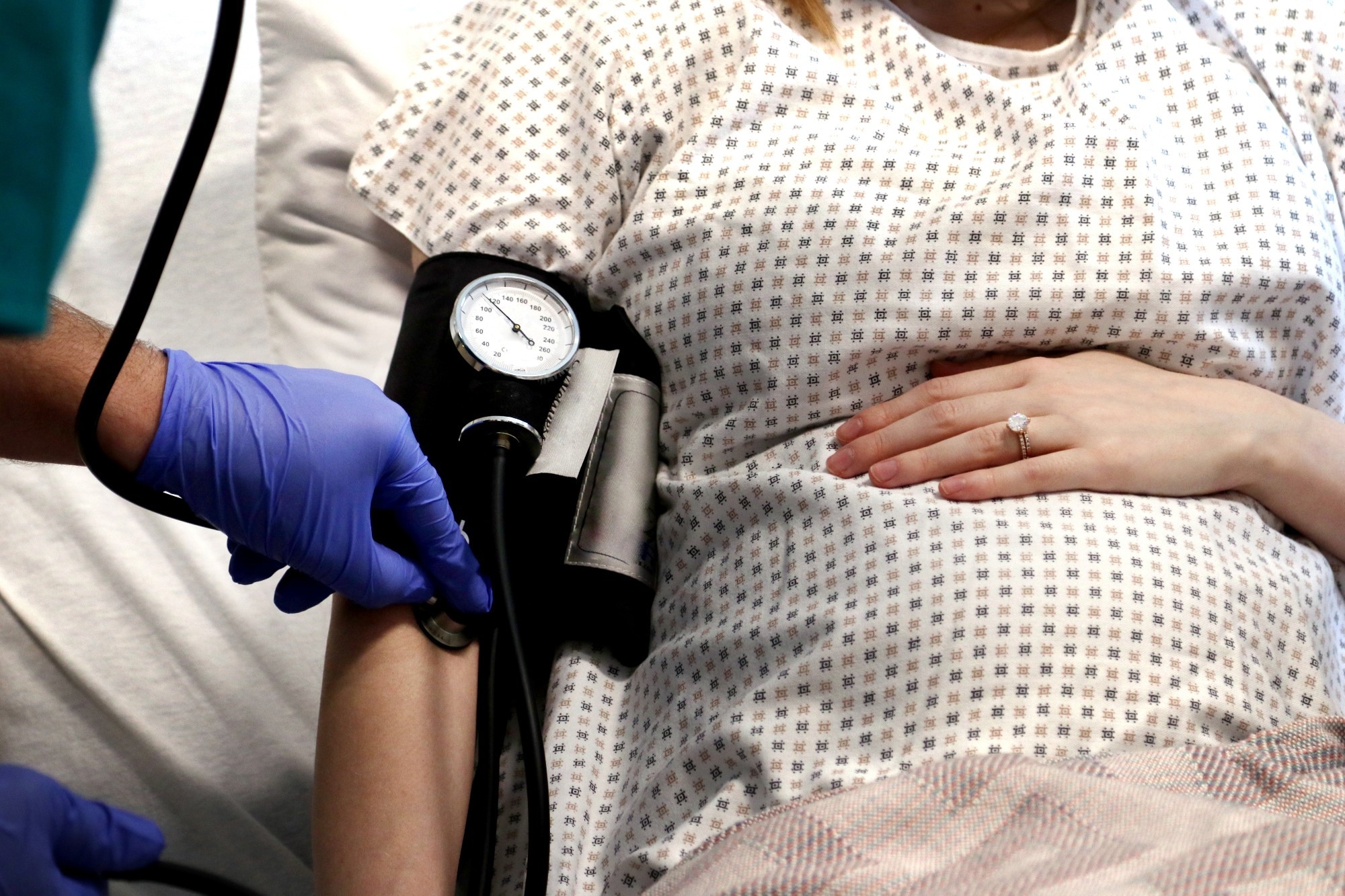When it comes to pregnancy and nutrition, certain types of seafood get a bad rap. Pregnant women should avoid some fish that contains too much mercury, while others shouldn’t be eaten at all (until after delivery). But imagine spending all day adding to your baby registries when the seafood craving strikes when nothing else will do—it must be seafood!
Can pregnant women eat lobster?
Like all sea crustaceans (crabs, shrimp, etc.), lobsters should be handled similarly to other types of shellfish.
“It is safe for pregnant women to eat lobster and other shellfish in pregnancy, as long as it is thoroughly cooked to the correct internal temperature,” says Dr. Renita White, OB-GYN and advisor to The Honey Pot Co. “According to ACOG, the FDA, and the Environmental Protection Agency (EPA), lobster is classified as one of the ‘best choices’ of seafood for pregnant people.”
As with all other foods, eating it responsibly with fresh produce, whole grains and other lean proteins is key. A lobster roll with just a little bit of mayo? A good idea. A rich lobster bisque that’s nearly half butter? Probably less wise (and a recipe for pregnancy heartburn).
Can pregnant women eat cooked lobster?
Again, White reiterates that as long as your lobster is cooked properly and all the way through, it’s safe and healthy to eat. Not only that, the nutritional component fares well for lobster lovers. It’s a great source of protein when you’re not in the mood for chicken or lean meat.
“Seafood, like lobster, can also be a great source of omega-3 fatty acids that support the development of a baby’s brain and eyes.”
Is lobster high in mercury?
Nearly all fish around the world contain mercury. This dangerous liquid metal falls in microscopic amounts from the air and accumulates in the ocean sediment. From there, it turns to methylmercury that fish absorb. Eating any fish regularly can accumulate in your bloodstream over time, making it dangerous to consume in high amounts.
Some seafood, especially larger fish like tuna, contain too much mercury for pregnant women to consume regularly or in large amounts, but White says lobster falls on the “safe list.”
“Typically, fish that are higher in the food chain that tends to be predatory are higher in mercury,” White adds of fish advisories. “This includes shark, king mackerel and swordfish.”
Plus, it’s hard to consume truly massive amounts of lobster meat for the typical person—it’s simply too expensive for the average shopper to add to their daily diet.
Is lobster healthy to eat during pregnancy?
Overall, the consensus is that lobster is entirely safe to eat during pregnancy and outside of it because it’s low in mercury and an excellent source of vitamins and minerals. The key is to be 100% sure it’s not raw or undercooked to keep you and your baby safe from illness or food poisoning.
How much lobster can pregnant women eat?
The Food and Drug Administration suggests that when eating any seafood, like properly cooked lobster meat, do so in moderation. It’s also important to check local advisories to be sure your freshly caught lobster is safe to eat.
Lobster servings for pregnant women range from eight to 12 ounces per week, along with other protein sources. So go ahead and plan your next date night around that butter-steamed lobster roll you’ve been craving.
Are there any nutritional benefits to eating lobster?
Yes! Lobster contains important omega-3 fatty acids and vitamin b12. Both protect against a plethora of health issues. Just three-and-a-half ounces of lobster has 89 calories, 19 grams of protein and less than one gram of fat. It’s a lean, low-calorie source of protein to eat.
And here’s a happy bonus for shellfish lovers—lobster also contributes to your overall health and the brain development of your growing baby.
The bottom line is, you can eat thoroughly cooked lobster as a part of a healthy diet whether you’re pregnant or not. Food safety comes first with fish and shellfish.
Get parenting news, expert advice, info on secret sales, discounts and the best-ever products. Sign up for the Today’s Parent newsletter.

 PARENTING TIPS
PARENTING TIPS PREGNANCY
PREGNANCY BABY CARE
BABY CARE TODDLERS
TODDLERS TEENS
TEENS HEALTH CARE
HEALTH CARE ACTIVITIES & CRAFTS
ACTIVITIES & CRAFTS


